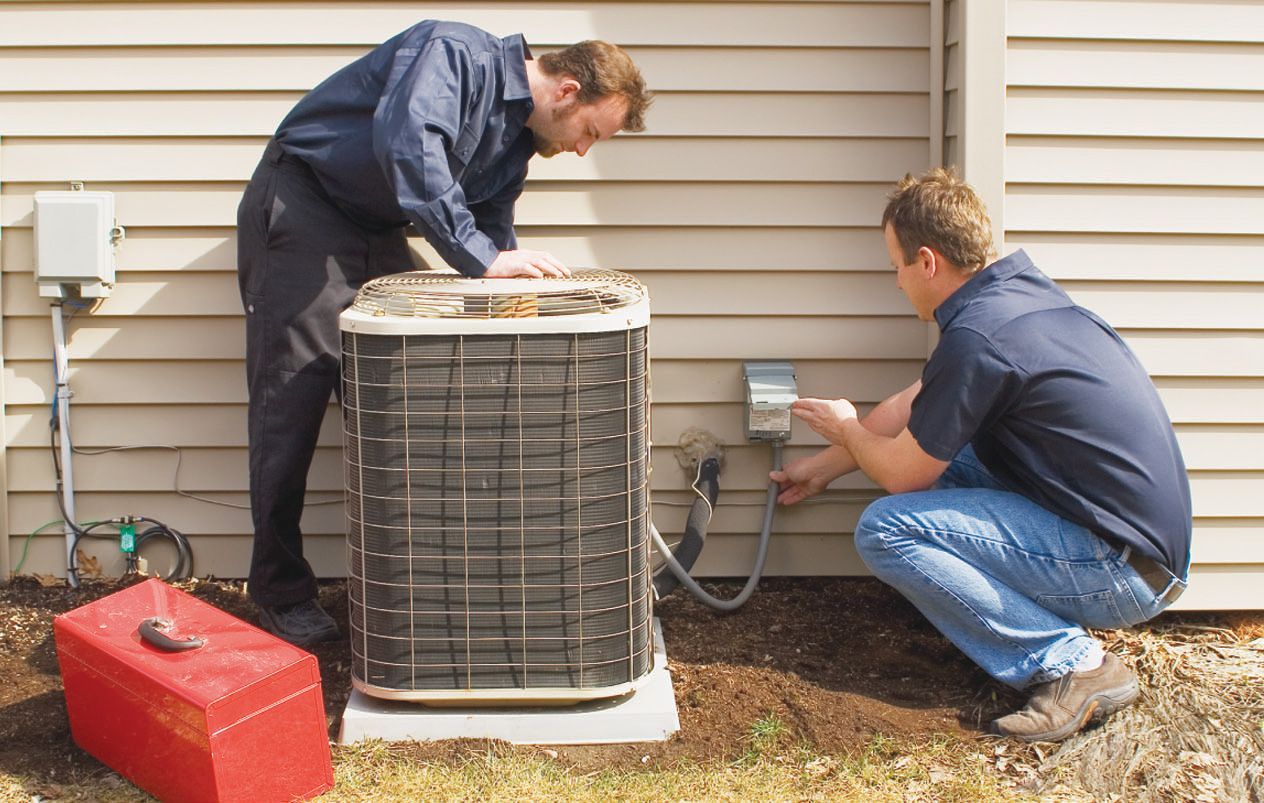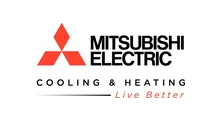November 26, 2025
Understanding the importance of regular maintenance with HVAC services can significantly extend the life of your air conditioning unit. This article explores essential professional maintenance tips to ensure your air conditioner operates efficiently and lasts longer. With these strategies, you can optimize performance and possibly avoid costly repairs. Regularly maintaining your AC unit not only improves its efficiency but also reduces energy costs. Furthermore, a well-maintained air conditioner contributes to healthier indoor air quality, enhancing the overall comfort of your home.
Schedule a Comprehensive Annual Inspection
HVAC services for an annual inspection of your air conditioning system are a critical part of professional maintenance. During this inspection, a technician will assess the overall condition of the unit, looking for signs of wear and tear. This process includes checking electrical connections, measuring refrigerant levels, and evaluating system performance. Identifying potential issues early can prevent unexpected breakdowns and expensive repairs. According to This Old House, most air conditioners need a tune-up at least once a year, typically in the spring, before they’re used heavily for the season. However, older units might benefit from twice-yearly inspections.
Tune-ups are also essential to ensure peak performance and efficiency, particularly before the onset of hot weather. A professional tune-up involves cleaning components, lubricating moving parts, and calibrating the thermostat. By ensuring each part functions correctly, tune-ups help prolong the life of your air conditioning system. Ensuring that the HVAC services include these checks helps maintain optimal comfort levels within your home.
Perform Essential Seasonal Maintenance
Transitioning between seasons is an opportune time for specific AC maintenance tasks. These tasks involve preparing your air conditioner for the demands of summer while ensuring it’s protected during winter. A comprehensive seasonal check includes cleaning and covering your unit, if necessary, to protect it from debris and weather conditions. Ensuring that the system is properly maintained before seasonal changes can prevent major issues down the line. Adding seasonal checks to your routine maintenance can enhance both efficiency and system longevity.
One of the most efficient ways to get ready for seasonal shifts is to conduct a thorough inspection of the entire HVAC system. This includes examining belts, motors, and electrical connections to ensure everything is operating correctly. Replacing or cleaning filters before the system is heavily used in any season will maintain good air quality and performance. Addressing these elements before they’re put under seasonal stress can prevent sudden malfunctions.
Clean the Condenser Coils Regularly
The condenser coils are a vital component of any air conditioning system. They play a crucial role in cooling the air by releasing the heat absorbed from your home into the outside environment. Over time, these coils can become covered in dirt and debris, significantly hampering their efficiency. Dirty coils can lead to increased energy consumption and strain on the system, ultimately reducing the lifespan of your air conditioner. Regular inspection and cleaning of the condenser coils are therefore essential to maintain optimal system performance.
Cleaning the condenser coils involves removing any accumulated dirt or debris that may be obstructing airflow. This task can be completed using simple tools like a garden hose or a specialized coil cleaner. Proper cleaning techniques prevent damage to the delicate metal fins found on the condenser coils. Keeping the condenser coil clean helps maintain the manufacturer’s efficiency ratings and meets warranty requirements.
Check and Replace Air Filters Frequently
Air filters are crucial in ensuring that the air circulating in your home is clean and free of dust and allergens. They help trap dust, allergens, and various particles, preventing them from being recirculated in the air you breathe. Over time, however, air filters can become clogged with dirt, reducing system efficiency and performance. Regular HVAC services for checking and replacing air filters are a simple yet effective maintenance task that enhances air quality and system reliability. Ideally, air filters should be checked monthly and replaced as needed, usually every one to three months.
An air conditioning unit with a clean filter operates more efficiently, consuming less energy and reducing operating costs. Clogged filters can lead to increased strain on the system, resulting in decreased performance and potential system overheating or failure. Replacing air filters regularly is a vital practice in any effective HVAC maintenance routine, supporting system longevity and reliability. This preventive measure is especially important during the peak cooling season when the system is used more often.
Calibrate the Thermostat for Accuracy
The thermostat plays a crucial role in the comfort and efficiency of your air conditioning system. If the thermostat is miscalibrated, it can lead to inaccurate temperature readings and uneven cooling. Regular calibration ensures the thermostat operates effectively, leading to more precise temperature control and energy savings. Checking the thermostat settings and recalibrating it as needed can make a notable difference in system performance. Periodic maintenance should include examining the thermostat to ensure that it functions optimally.
Ensuring proper calibration and operation of the thermostat will prevent unnecessary wear and tear on the air conditioning system. A well-functioning thermostat avoids the issue of short cycling, where the system switches on and off too frequently, stressing the components. Smart thermostats can enhance operational efficiency by optimizing cooling schedules and offering more precise control over temperature settings. Making thermostat calibration part of your HVAC service routine underscores the importance of precision in achieving consistent comfort levels.
Lubricate Moving Components Properly
Lubrication is vital for maintaining the moving parts of an air conditioning system, like fans and motors. Regular lubrication prevents friction, reducing the strain on mechanical components and preventing premature wear and tear. Ensuring that these components are appropriately lubricated is a crucial aspect of preventive maintenance. Periodic lubrication extends the life of these parts, minimizes energy consumption, and maximizes efficiency. This maintenance task should be regularly scheduled as part of comprehensive HVAC services.
Without adequate lubrication, moving parts may encounter high friction, leading to increased energy use and potential system failure. A well-oiled system operates more smoothly, leading to less noise and providing a quieter home environment. Technicians use specific lubricants designed for HVAC equipment, ensuring compatibility and effectiveness. Homeowners should be aware of noise changes or unusual system behavior and consult professionals for immediate assessment and lubrication needs.
Inspect and Maintain the Ductwork
Ductwork plays an integral role in the air conditioning system, helping distribute cooled air throughout your home. Leaks or obstructions in the ductwork can significantly affect system efficiency, leading to uneven cooling and increased energy expenses. Routine assessment and maintenance of ductwork are necessary to ensure optimal airflow and system performance. Sealing leaks and ensuring unrestricted pathways prevent loss of cooled air, allowing the air conditioner to work efficiently. Regular HVAC services should include inspection and maintenance of ductwork to avoid energy wastage.
Maintaining ductwork involves checking for any visible damage, ensuring joints are secure, and insulating ducts to prevent energy loss. Besides energy efficiency, well-maintained ducts contribute to improved indoor air quality, free from pollutants and allergens. Professional inspection can identify issues that might be missed by homeowners, underscoring the importance of expert maintenance. Well-maintained ducts ensure a balanced and effective distribution of air, contributing to a comfortable home environment.
Adopting professional maintenance HVAC services for your air conditioner helps in maintaining efficiency, reducing energy costs, and extending the unit's lifespan. Regular HVAC services, along with informed care decisions, create a long-lasting and reliably functioning air conditioning system. Comprehensive maintenance ensures all aspects of the air conditioning unit are functioning at optimal levels, providing continuous comfort and energy savings. Adhering to these professional maintenance tips empowers homeowners with the knowledge to take proactive steps in maintaining their systems. Reach out to Total HVACR Services to learn more today.





